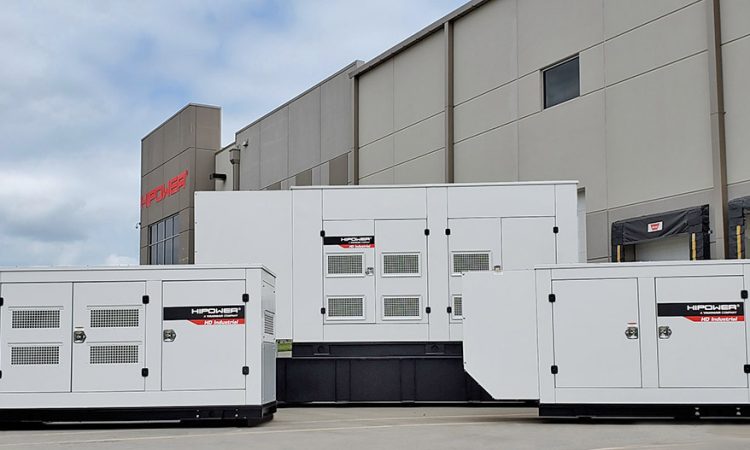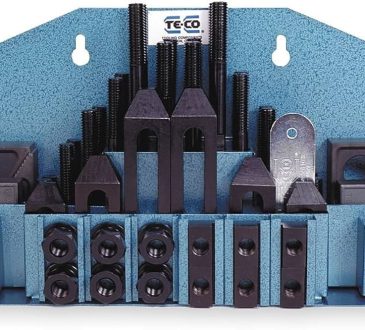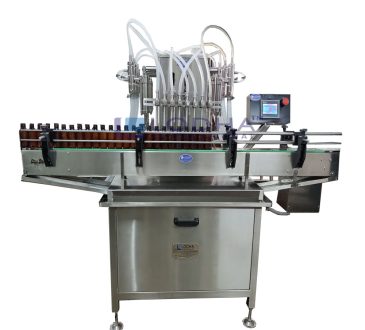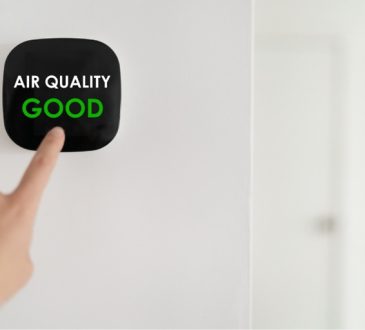
When it comes to selecting a generator for commercial use, you can’t afford to guess. You need to pinpoint your exact requirements. Pinpoint your power peak hours and plan ahead—you’ll avoid stressful surprises during critical operations.
Future growth plans cannot be ignored; a scalable solution ensures you don’t outgrow your system too soon. Fuel type significantly impacts both operation costs and environmental footprint, while placement options could affect efficiency and accessibility.
When you need reliable backup power, working with a trusted Kohler generator distributor is the smart choice. understand these factors well, offering a wide range of products suited for different demands
Assess Your Power Needs
When assessing your commercial power needs, start by listing all equipment requiring electricity. Determine both the starting wattage and running wattage for each device. If you’re unsure of an item’s power requirements, online research or a ballpark figure can guide you.
To ensure reliable operation under various conditions, opt for a generator with 10-20% more capacity than your calculated need. This extra capacity accounts for potential upgrades to your equipment and factors like “de-rating,” where generators may perform below their advertised capabilities due to extreme temperatures or high altitudes. For larger energy demands, consider paralleling smaller generators instead of relying on one large unit.
This setup not only ensures continued operation during maintenance but also offers flexibility in managing space constraints within your facility. Accurately sizing your generator is key to maintaining operations during a blackout or ensuring consistent power supply to critical systems. Consult Kohler generator distributors for expert advice tailored to meet the specific needs of businesses at any scale.
Consider Peak Demand Times
When selecting a generator, don’t overlook peak demand times. This is when your business uses the most power. For example, if all your computers and HVAC systems run at full capacity simultaneously, this could be a peak time.
You’ll want to make sure the generator you choose can handle these spikes without faltering or wasting fuel. It’s not just about having enough power but ensuring efficiency during high-demand periods too. Remember, exceeding a generator’s capacity risks damage and inefficiencies that could affect its longevity and operational costs
Factor in Future Growth Plans
When planning for a generator, think ahead about your business growth. Will you add more equipment or expand your space? Buy a generator that can handle this future increase in power demand.
Consider the area’s climate, too, since heat and humidity impact performance. Location matters as well; keep generators away from flood zones and ensure they’re near existing electrical infrastructure without breaking noise laws. Consulting with experts who understand these factors is key to choosing the right size generator for both current and future needs, ensuring uninterrupted operations even as your business scales up.
Choose Fuel Type Wisely
When selecting a generator’s fuel type, consider efficiency and environmental impact. Gasoline is widely available but not the best for long-term use due to its lower efficiency. Diesel stands out for its high fuel efficiency and longer storage capability, making it suitable for extended operations.
Natural gas shines in cleanliness; however, it demands an uninterrupted supply line, which might not be feasible in all locations. Propane offers portability with fewer emissions than gasoline or diesel, while biodiesel presents a renewable option that supports eco-friendly initiatives but can vary in availability. Each choice impacts your generator’s performance significantly, from run time to maintenance needs.
Therefore, weighing these factors against your specific requirements ensures you pick the most suitable fuel type.
Evaluate Generator Placement Options
When deciding where to place your generator, think about space and environmental issues. Do you have room for a stationary unit? These are great if your business stays put and needs lots of power.
They kick in fast during outages, keeping everything running smoothly. For businesses off the grid or with high utility costs, a primary generator makes sense. But remember, these big units need proper installation spots that comply with local emissions and noise codes.
If you’re always moving or just need temporary power at different sites, portable generators might be better. They can’t handle as much load but are perfect for short-term jobs away from main power sources. Lastly, consider how easy it will be to connect the chosen generator type—standby or primary—to your current electrical system without disrupting operations too much
Understand Kohler’s Product Range
Kohler’s range includes smart solutions for managing electrical loads, which is crucial in selecting the right size generator. This is akin to spreading out the weight you carry rather than bearing it all at once. Load management or shedding ensures a generator isn’t overwhelmed by reducing demand instantaneously.
Techniques vary; some are based on current draw, prioritizing which load gets cut first, or time, gradually activating devices in sequence.
For precise sizing, Kohler’s Generator Sizing Tool simulates staggered start times of high-demand equipment like pumps, preventing simultaneous activation and thus lessening initial power surge needs. Embracing such strategies enables more accurate predictions of a generator’s behavior under differing demands and fine-tunes system design for peak efficiency and reliabilit
Plan for Maintenance and Service
When planning for maintenance and service, remember your generator’s longevity hinges on regular upkeep. Establish a strict schedule that includes checking engine parts, replacing filters, and ensuring electrical components are in prime condition. For businesses reliant on continuous power like restaurants or retail stores, downtime can be disastrous.
Partnering with trusted professionals who understand the ins and outs of commercial generators is key. They provide not only emergency repairs but also preventative measures to keep your system running smoothly without unexpected hitches. Always use genuine parts for replacements to maintain efficiency and prolong lifespan
Explore Financing and Leasing Options
When exploring financing and leasing options for your generator, consider the benefits. Financing offers a way to purchase immediately without full upfront payment, spreading costs over time. Leasing might be ideal if you prefer lower monthly payments or want flexibility to upgrade equipment as technology advances. Both options allow preserving working capital for other investments, which is crucial in managing business cash flow effectively.
Additionally, some agreements may offer tax advantages; consult with a financial advisor on this matter. Remember that terms vary widely by provider and it’s wise to shop around or negotiate for the best deal suited to your needs’ specifics.




